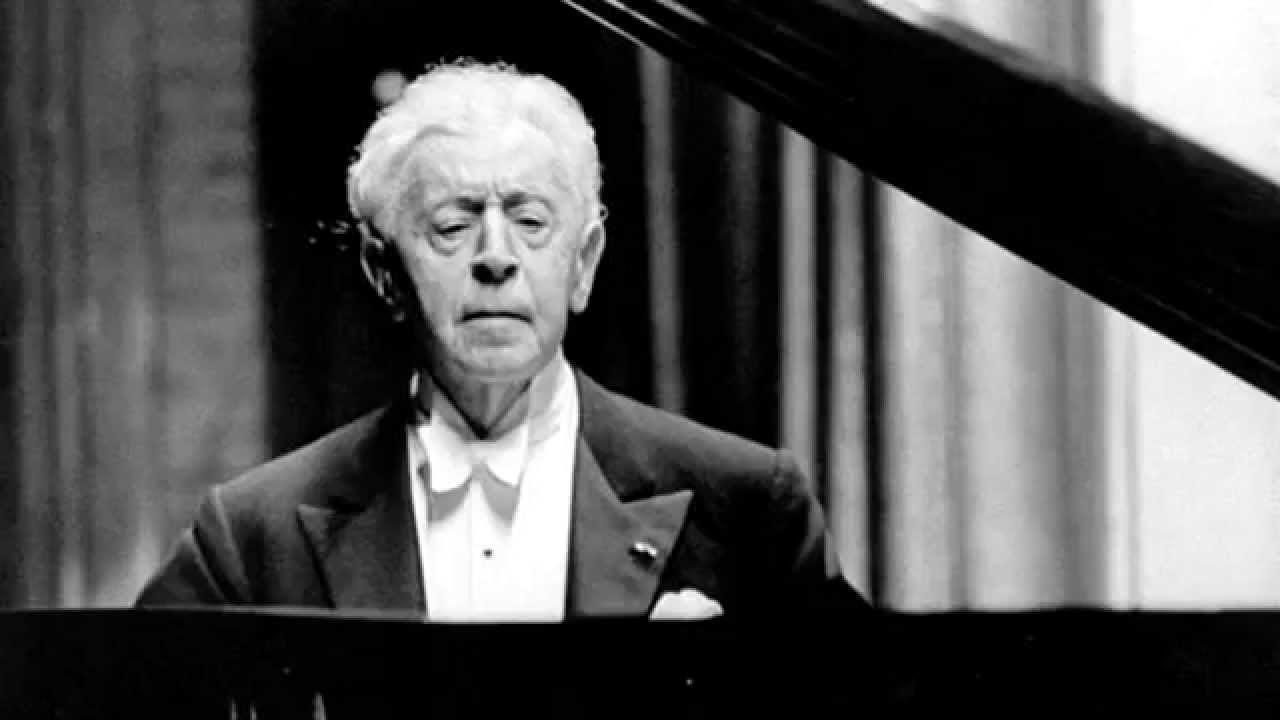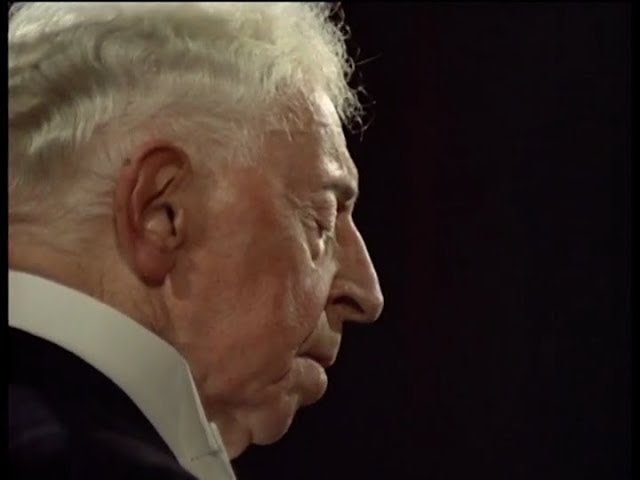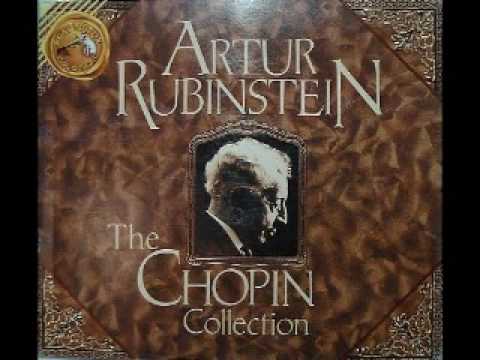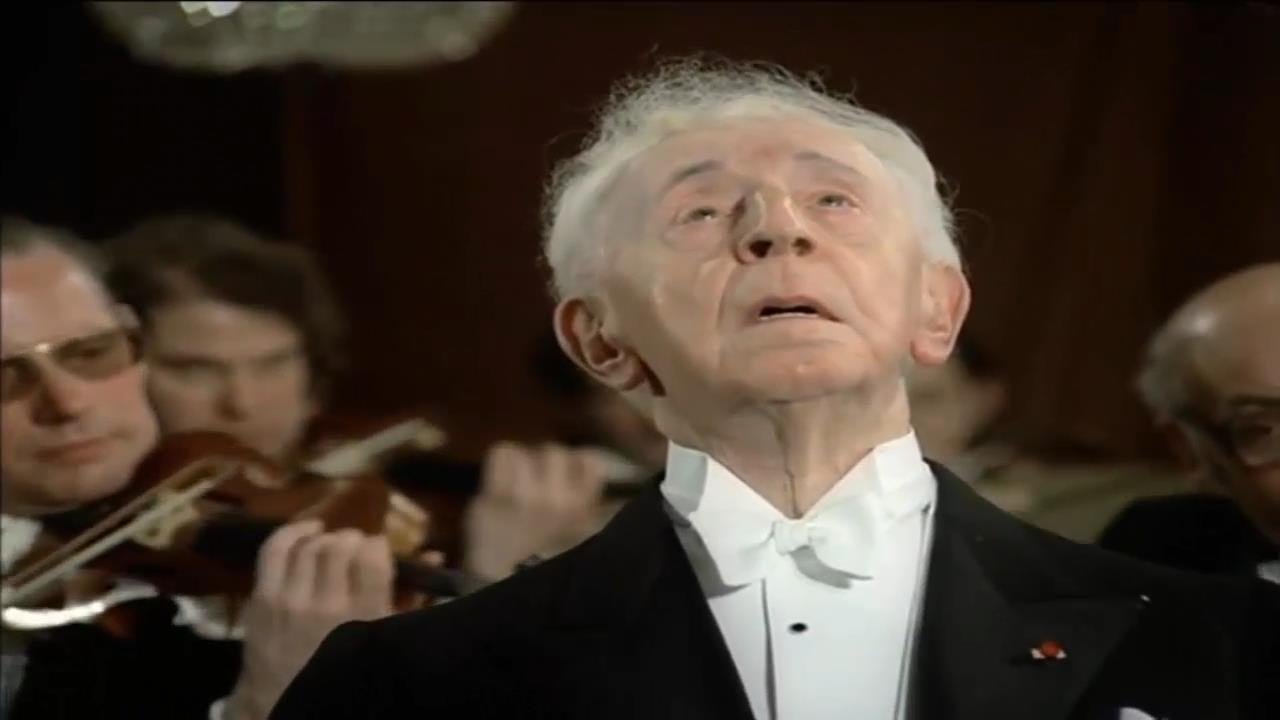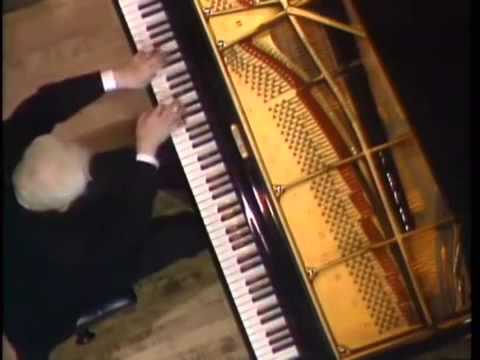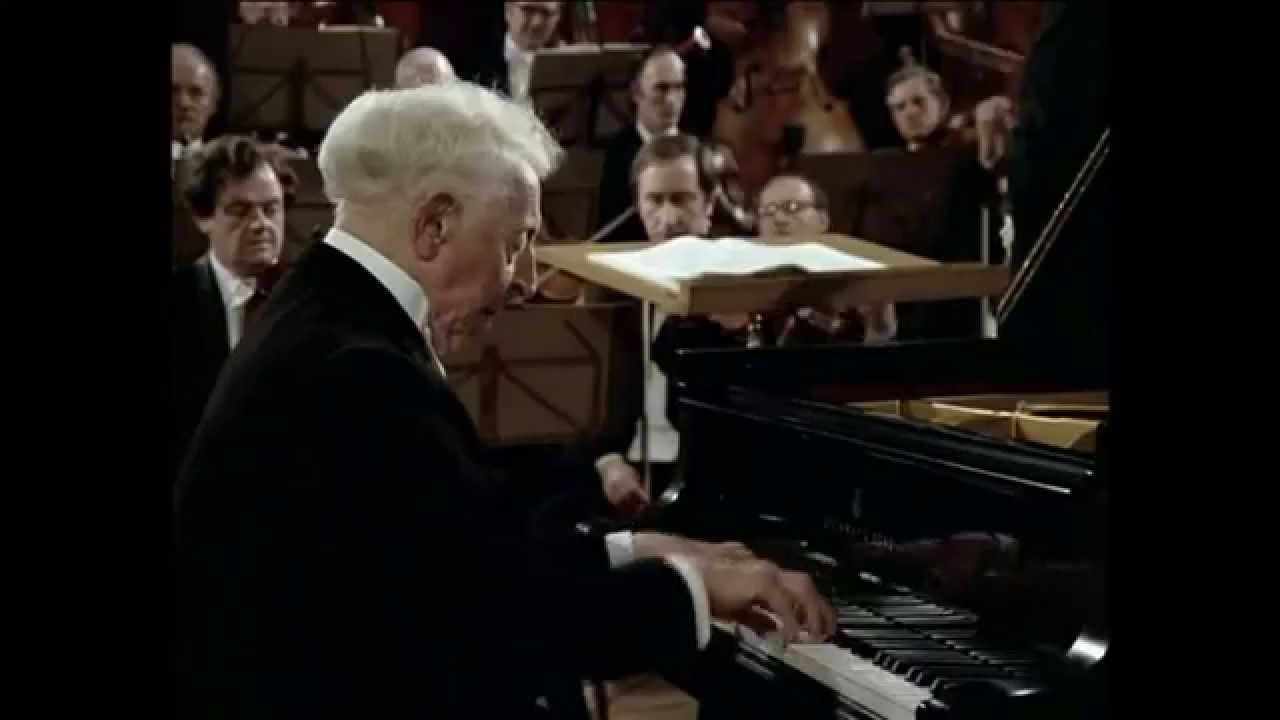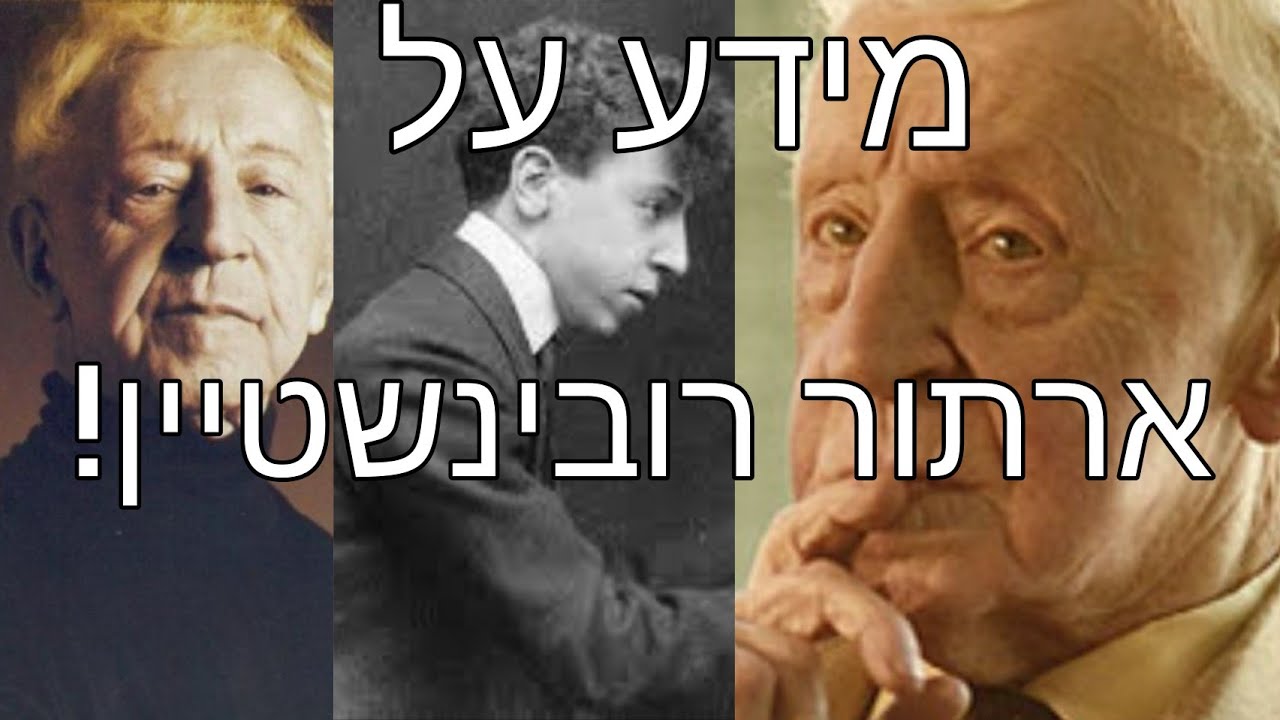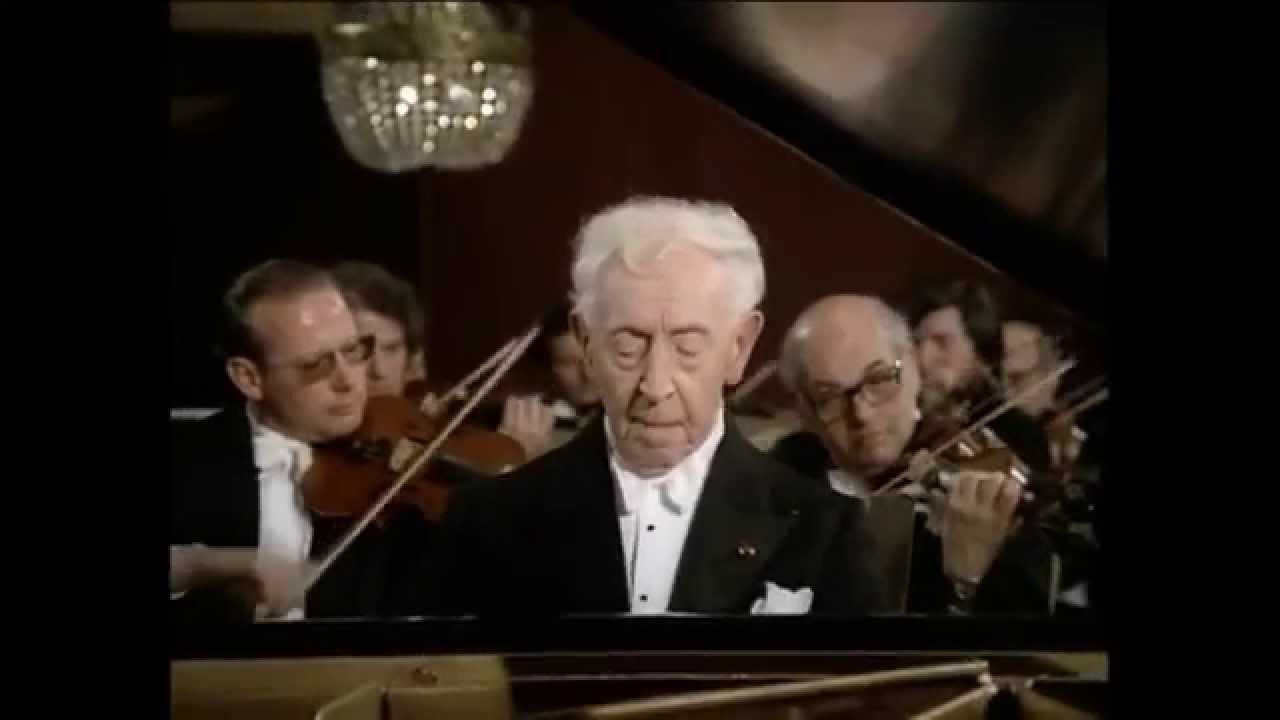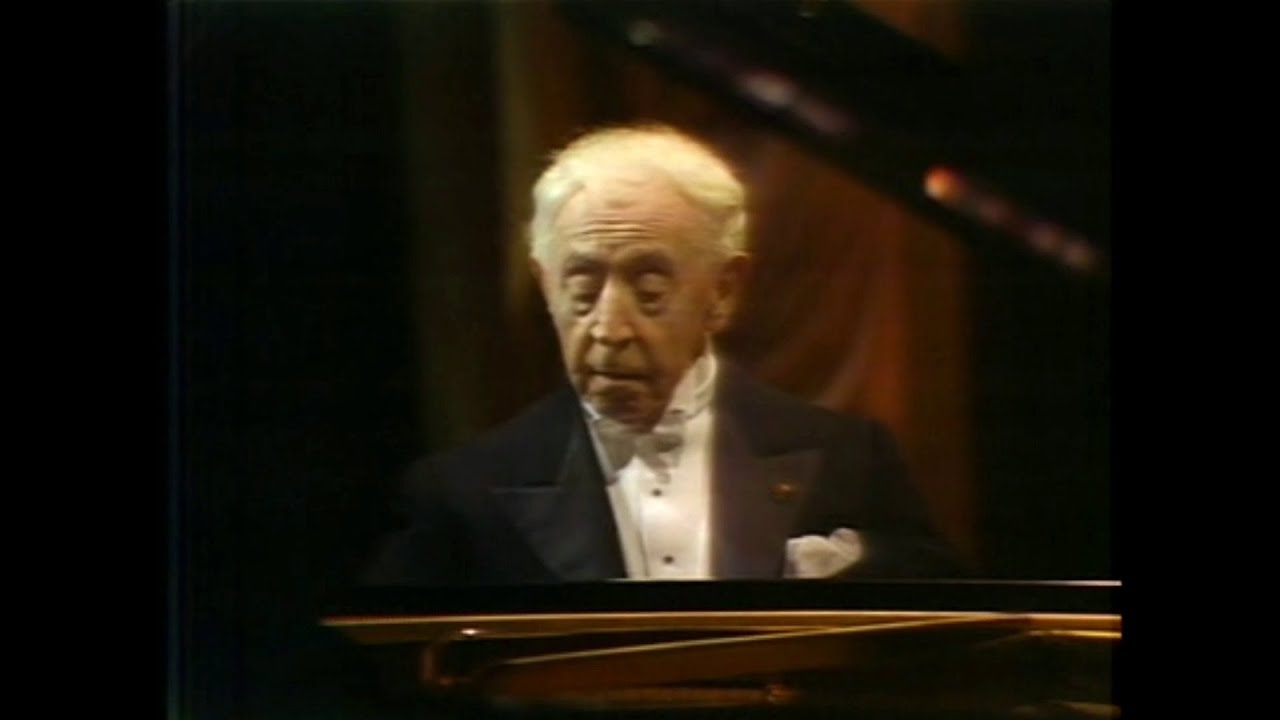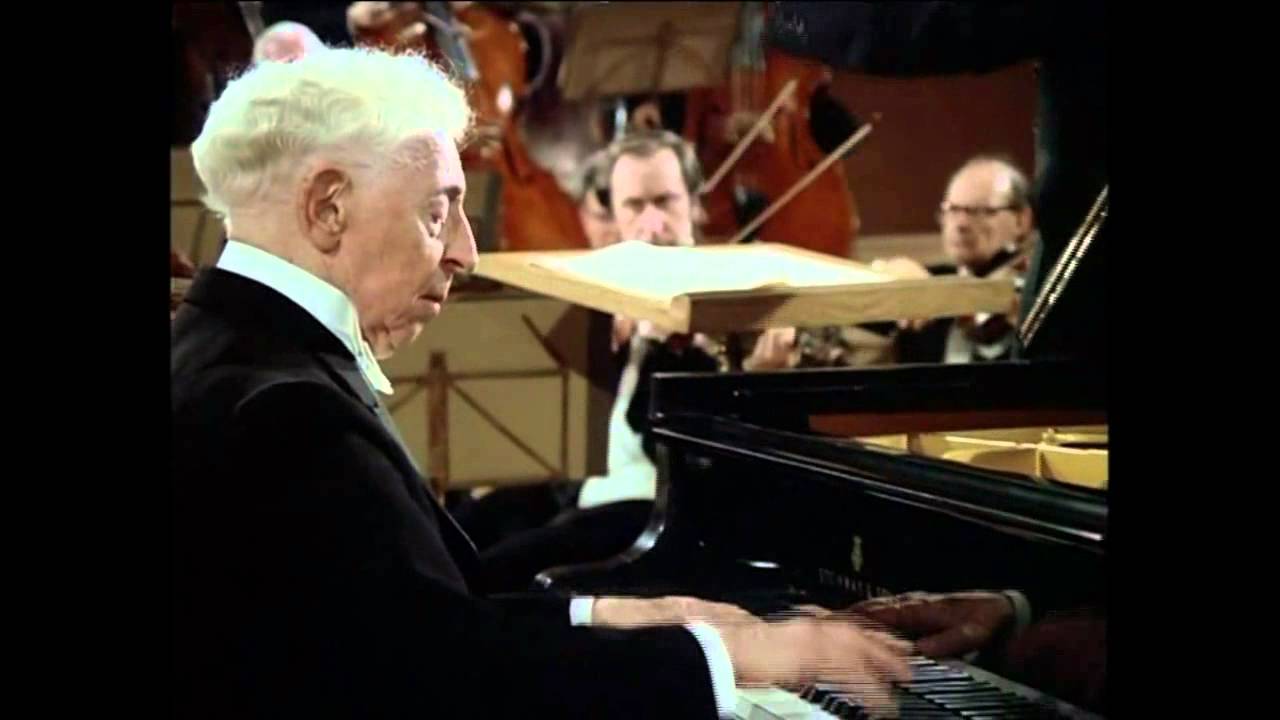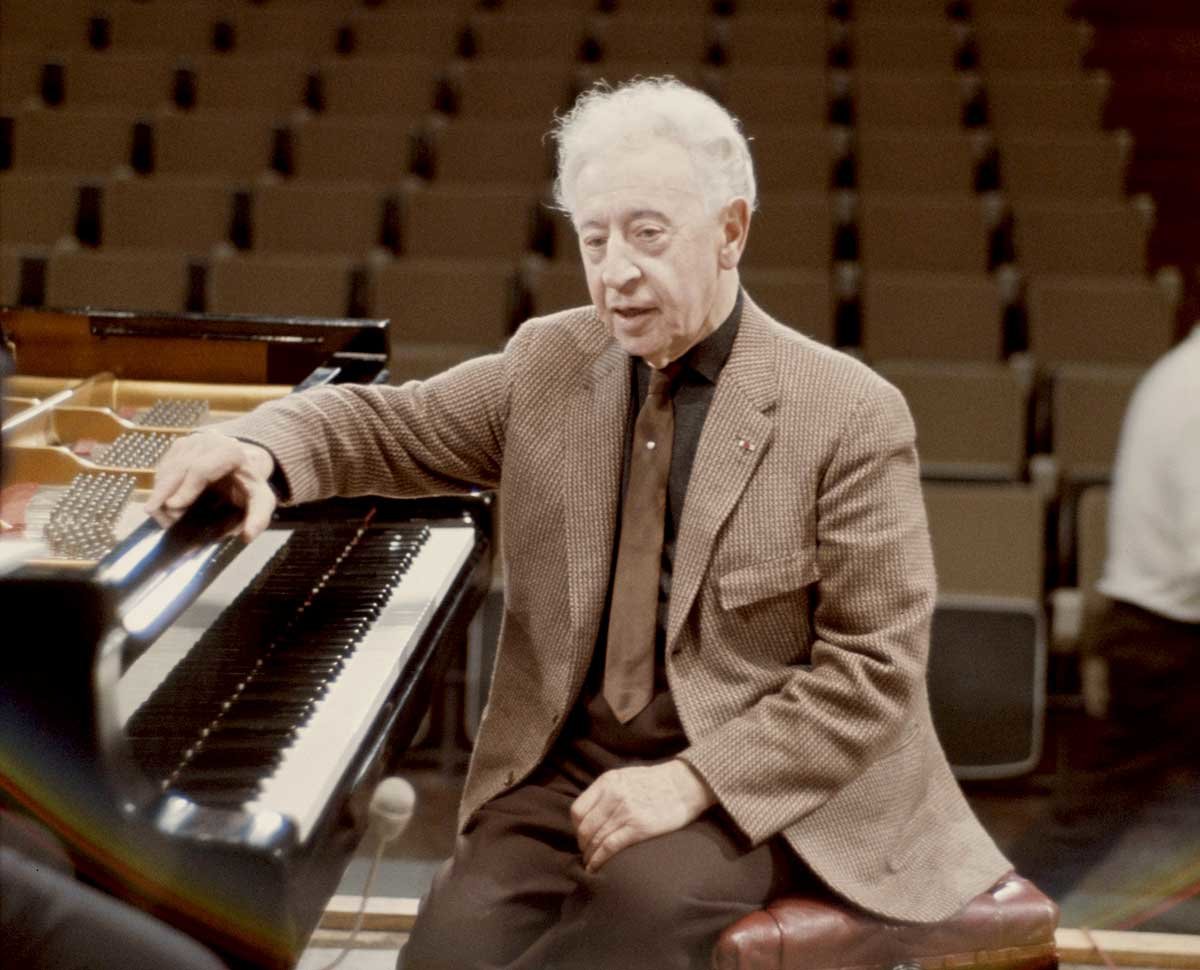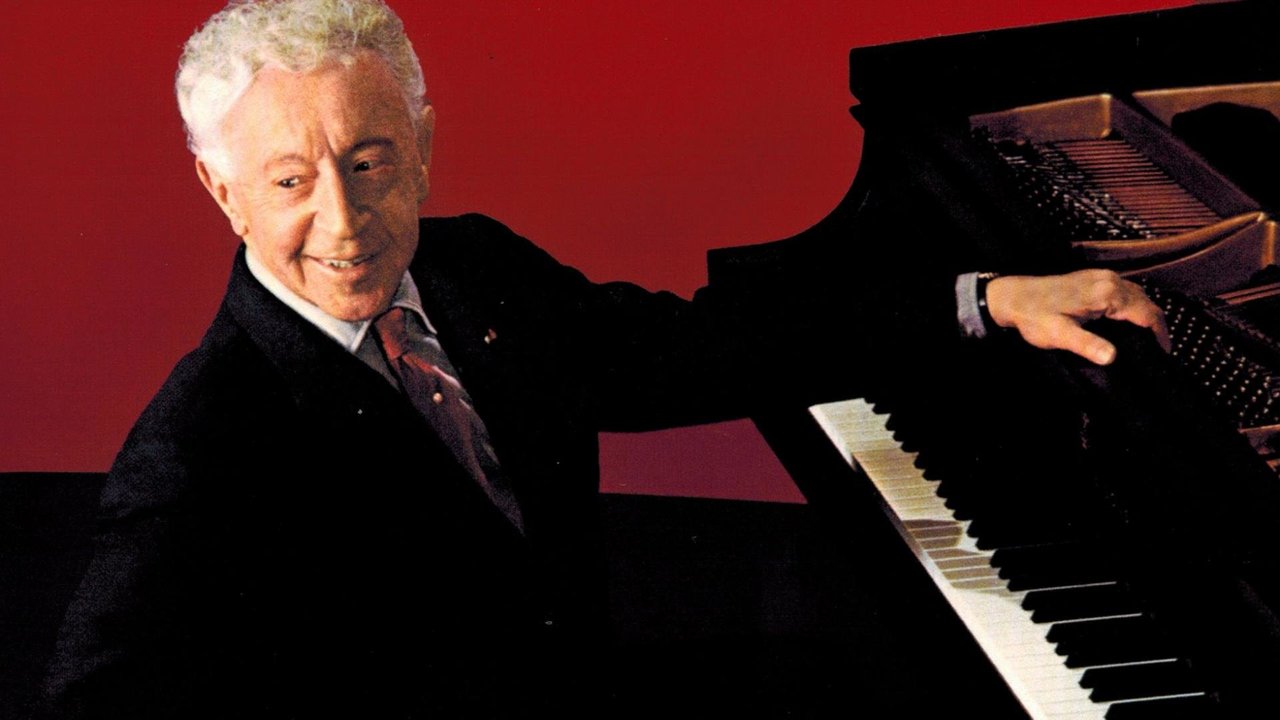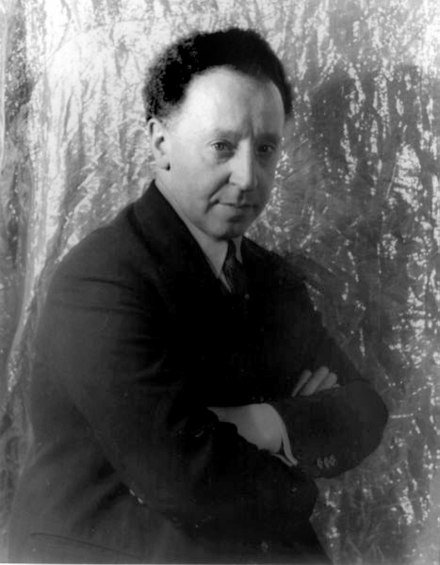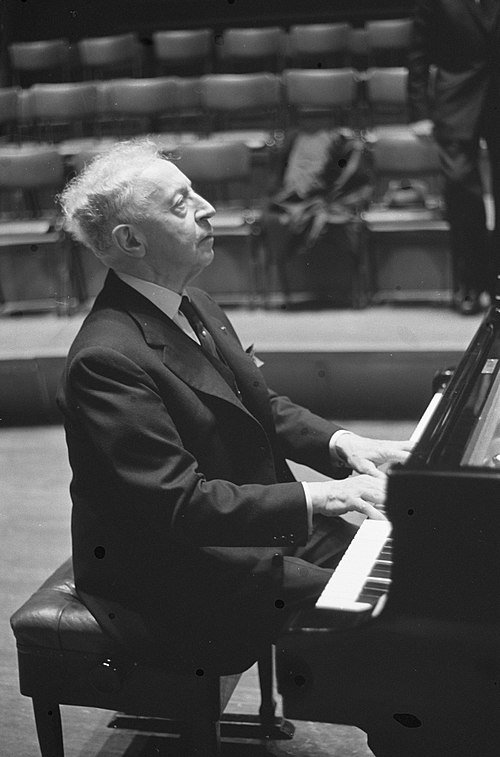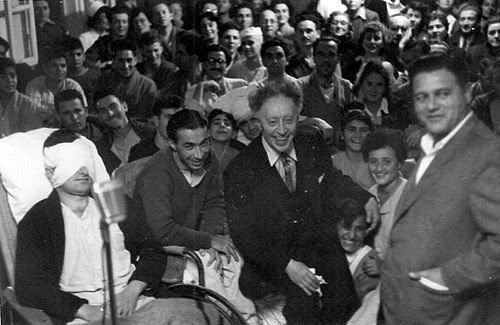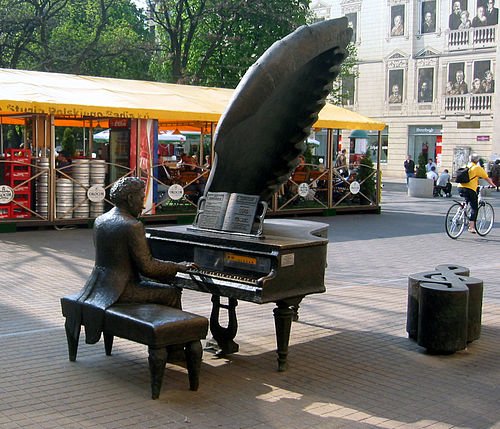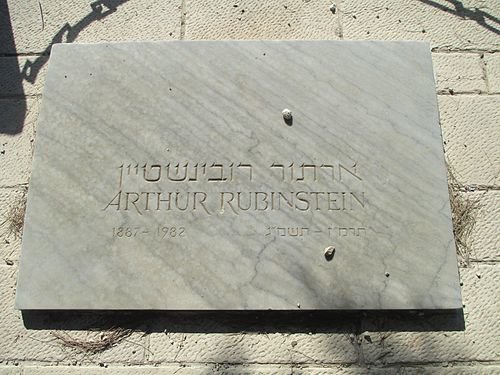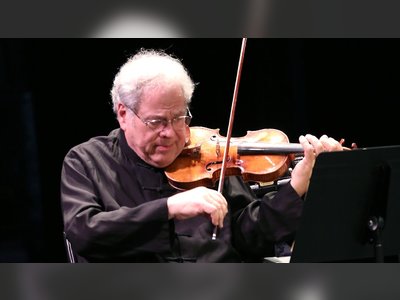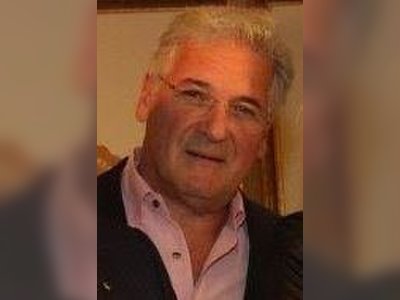מורשת גדולי האומה
בזכותם קיים
beta
Arthur Rubinstein
Arthur Rubinstein (Polish: Artur Rubinstein; January 28, 1887 – December 20, 1982) was a Jewish-Polish pianist, counted among the greatest virtuosos of his generation. He achieved international acclaim, particularly for his performances of Chopin's works and his interpretations of Spanish music.
Early Life and Education
Rubinstein was born in Łódź, Poland, into a Jewish family, and he received his early education in Warsaw. He gave his debut piano performance in Berlin in 1900, and thereafter, he toured in Germany and Poland. He continued his piano studies with Ignacy Paderewski.
In 1904, Rubinstein moved to Paris, where he met composers Maurice Ravel and Paul Dukas, as well as the violinist Jacques Thibaud. He also performed Camille Saint-Saëns' Second Piano Concerto in the presence of the composer.
Career Highlights
In 1906, Rubinstein made his first appearance in the United States at Carnegie Hall in New York City, followed by performances in Austria, Italy, and Russia. He made his London debut in 1912.
His renowned teacher was Karl Heinrich Barth, a significant influence on his artistic development.
At the age of 21, Rubinstein attempted suicide but, following this dark period, he rediscovered his love for music. He famously said, "I have found the secret of happiness; I love the life I've chosen." He embraced life with a passion for music, women, and wine.
During World War I, Rubinstein lived mainly in London, accompanying the violinist and composer Eugène Ysaÿe. He also served as a juror for the Eugène Ysaÿe International Music Competition.
In 1932, he temporarily retired from the stage for several months to improve his piano technique and refresh his repertoire.
During World War II, Rubinstein resided in the United States and became a U.S. citizen in 1946. He refused to perform in Germany post-war due to the Holocaust and the loss of some of his close friends.
Rubinstein was primarily known as a soloist but also excelled in chamber music and collaborated with great musicians like Henryk Szeryng, Jascha Heifetz, and Gregor Piatigorsky. Besides Chopin's works, his recordings featured compositions by Beethoven, Brahms, Schumann, and Debussy, to name a few.
Personal Life
In 1932, Rubinstein married Nela Młynarska, the daughter of conductor Emil Młynarski and former wife of Mieczysław Munz. The age gap between them was considerable, with Rubinstein being 45 and Nela 24 at the time of their marriage. They had five children together, and one of them tragically passed away in his youth. Later in life, Rubinstein admitted, "It has been said of me that in my youth I divided my time between wine, women, and song. I deny this categorically. 90% of my interests were women."
In 1977, at the age of 90, Rubinstein left his wife, Nela, for a younger woman named Annabelle Whitestone (now Lady Annabelle Weidenfeld). He moved to Geneva, Switzerland, where he lived until his death. Annabelle helped him complete the second part of his autobiography, "My Young Years" (1980), which he dedicated to her.
Death and Legacy
Arthur Rubinstein passed away in Geneva, Switzerland, in 1982, at the age of 95. His ashes were brought to Israel, following his wish, and buried near Jerusalem in a forested area now known as "Arthur Rubinstein Lookout." An unpretentious monument in the shape of a grand piano keyboard with the dates of his birth (1887) and death (1982) serves as a tribute to the legendary pianist. Rubinstein's contribution to the world of music and his dedication to Israel continue to be celebrated through the prestigious Arthur Rubinstein International Piano Competition, held every three years.
- ארתור רובינשטייןhe.wikipedia.org
